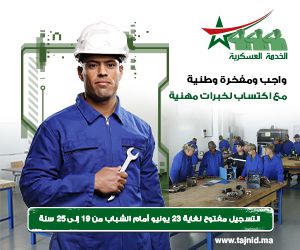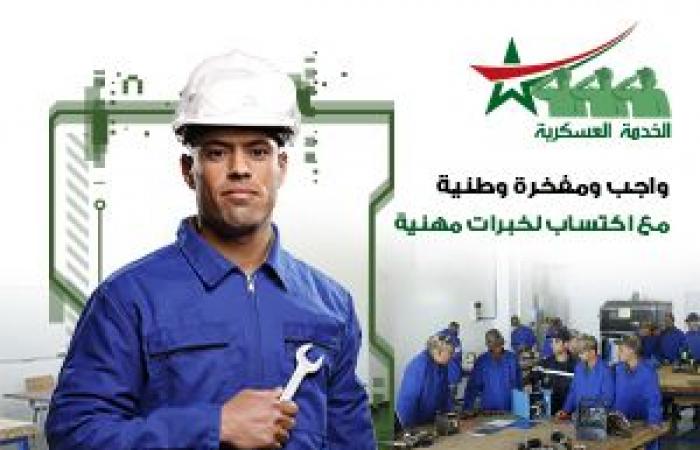
The Saudi operator Acwa Power is convinced that he had found a “permanent solution” with repeated mergers of salt tanks from the CSP Noor III power station. But the firm seems to have enough of this “difficult and complex” technology, according to Mees.
The Middle East Economic Survey (MEES) is a weekly newsletter that provides in-depth analyzes on energy, financial, economic and political developments in the Middle East and North Africa (MENA). Founded in Beirut, in 1957, Mees was highly respected for the quality of its coverage of the region’s energy sector.

As a reminder, the concentration solar power plant (CSP) Noor IIIa pioneer of Morocco with a capacity of 150 MW in Ouarzazate, in the south of the country, is again in service after a 14 -month breakdown due to a leak in its melted salt tank, the National Agency for Renewable Energies Masen announced on April 21.
“In order to guarantee the long-term reliability of the installation, a second improved design tank is under construction,” Masen said in his press release.
And to add: “It will complete the existing infrastructure and strengthen operational resilience. »»
-Who is Acwa Power?
Acwa Power is a Saudi company founded in 2004, specializing in the development, investment and exploitation of energy production and water desalination projects. It has become a major player in the field of renewable energies in the Middle East, Africa and Asia.
Present in Morocco for over ten years, Acwa Power has been selected as the main operator of the NOOR solar complex plants in Ouarzazate, one of the largest solar projects in the world. With expertise covering concentration solar technologies (CSP), photovoltaics and wind power, the company is positioned as a key partner for countries seeking to diversify their energy mix.
However, despite its successes, Acwa Power also met with technical challenges, especially on Noor III, where the melted salt tanks – essential for storing heat and producing electricity at night – presented major flaws. The resumption of activity of Noor III therefore marks a crucial step, but also raises questions about the robustness and long-term viability of this technology in Morocco.
Article19.ma








